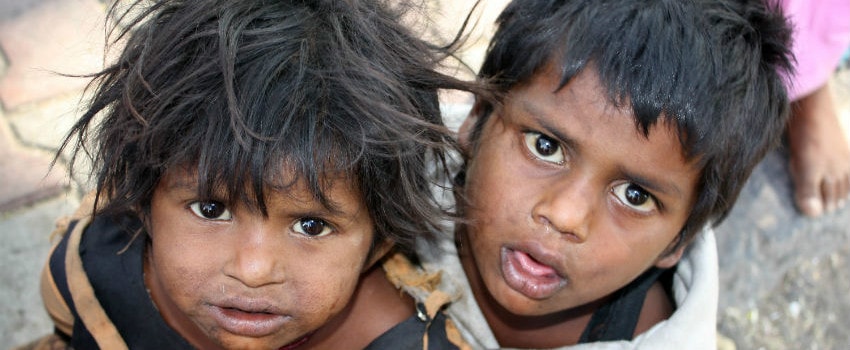
According to Unicef, over one million people have been forced to flee their homes as a result of waves of violence in the Greater Kasai region of the Democratic Republic of Congo (DRC). This makes the DRC one of world’s largest displacement crises for children. Tajudeen Oyewale, UNICEF Acting Representative in the DRC says the lives of hundreds of thousands of children and their families in that part of the country have found that their lives have been turned upside down. 850,000 children out of a total of 1.4 million people have found themselves displaced.
Apart from civil war the economy is in shambles
The vast majority of people who have had to leave the region are now living with relatives and foster families in communities which are already amongst the poorest in the world. The situation is being compounded by the worsening economic situation in the DRC. Many people fleeing the violence have either lost or left behind all their essential and personal belongings. A minority of displaced families have fled into the bush that lies near their villages and have chosen to survive in improvised huts. This is far from ideal and the families are amongst the most vulnerable. This is because they lack access to humanitarian workers, food, shelter, water and sanitation.
Cash assistance
Unicef and its partners have started a cash assistance program for people who have fled the violence. The money provides cash support to households who spend it on basic necessities. So far Unicef has delivered assistance to 11,225 households through the programme. Aside from the cash assistance scheme, Unicef is also running a multi-sectoral programme it calls Rapid Response Mechanism (RRM).
Delivering aid
RRM is expected to be launched within the next few weeks and will seek to position materials and aid partners in advance of a crisis, so there can be a rapid response to the needs of displaced populations. The assistance Unicef will proved will include access to healthcare, the delivery of nutrition and water as well as the provision of sanitation and hygiene. Unicef will also provide non-food items including shelter materials, kitchen utensils and other items of this kind. It is estimated that 50,000 households will benefit from RRM over the coming months.





